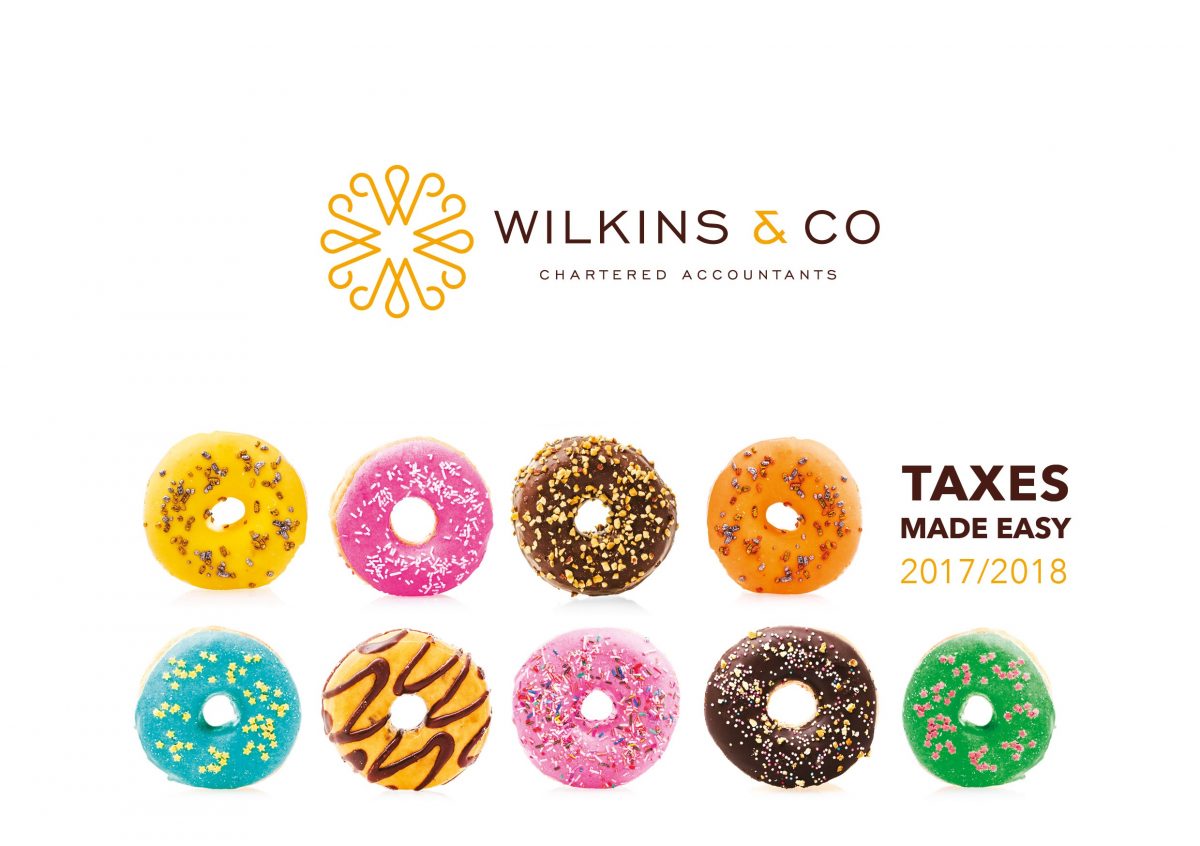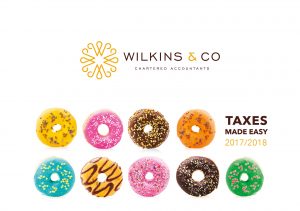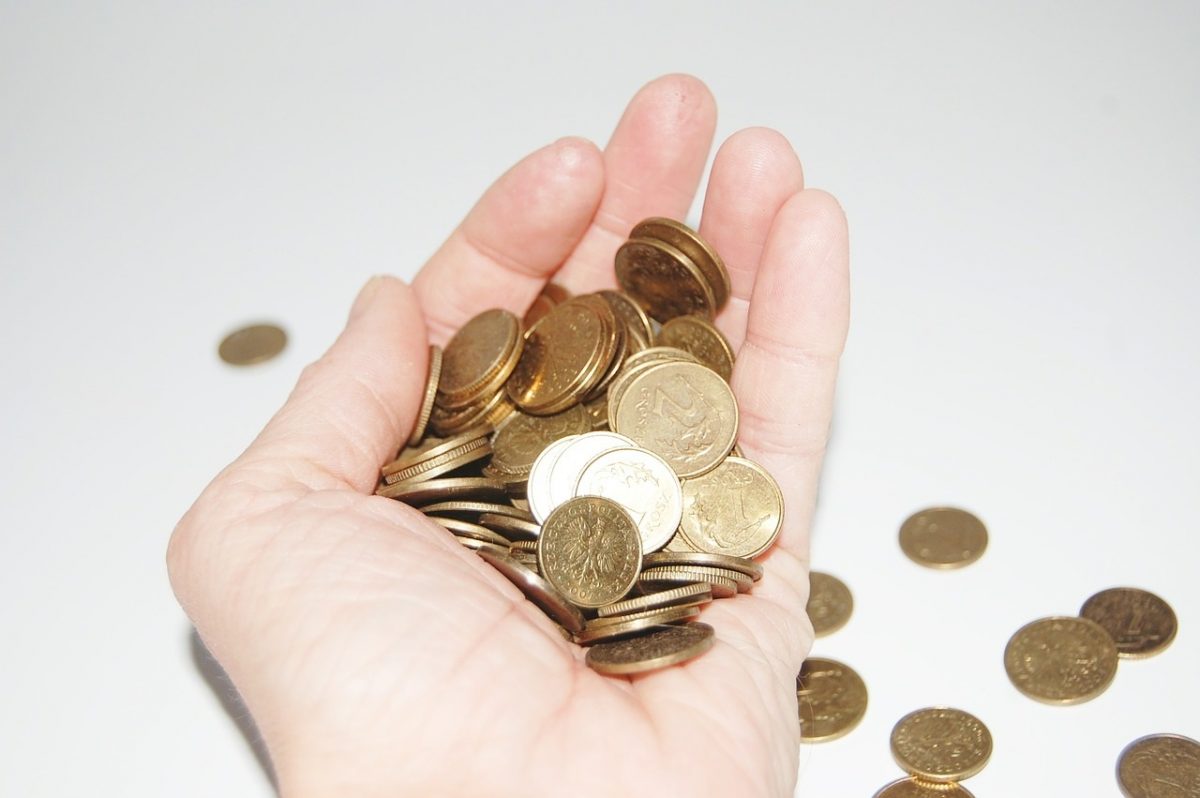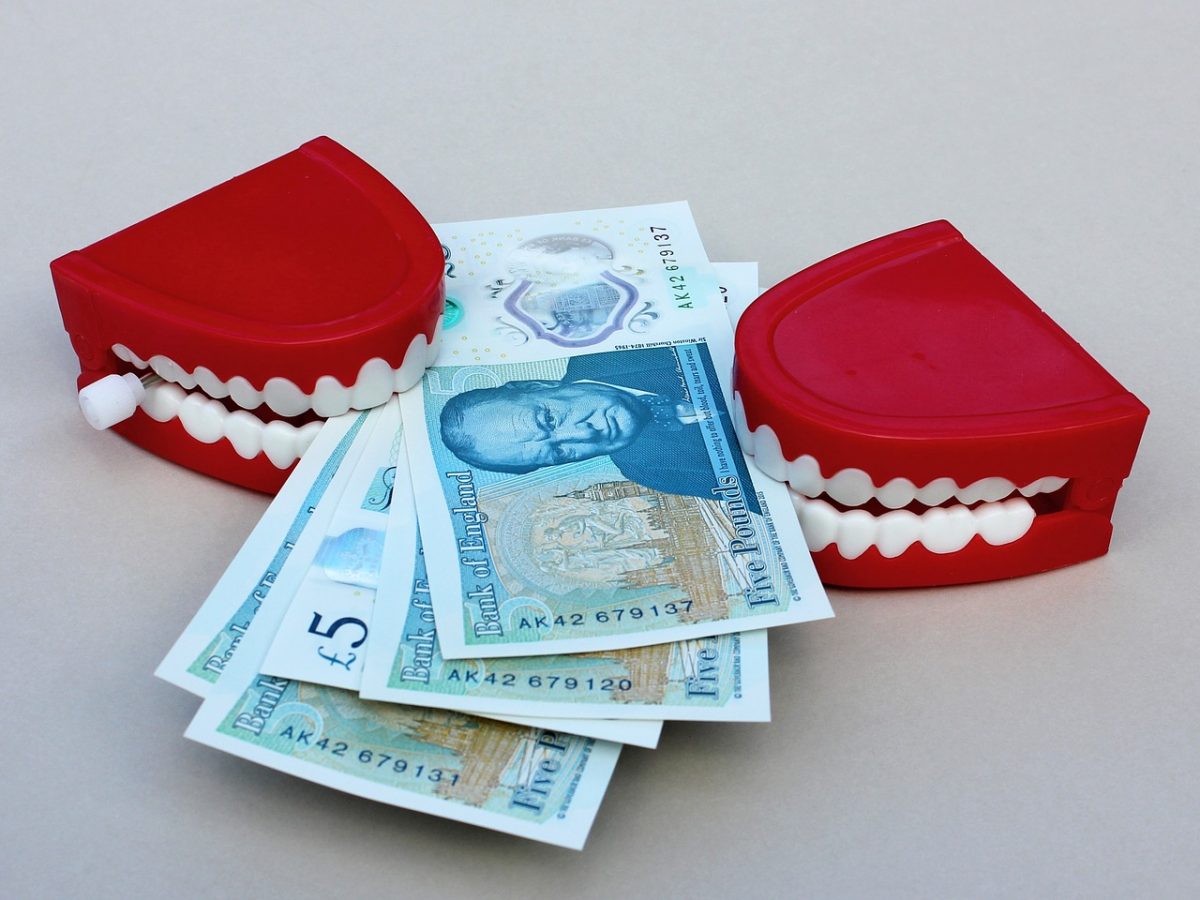How dividends are taxed changed dramatically at 6 April 16 and its impact is just being felt by shareholders completing their 16/17 tax returns. The tax on those dividends is due for payment at 31 Jan 18 and is coming as a shock for those unprepared!
In the good old days before 5 April 16, the 10% dividend credit meant that basic rate taxpayers paid no further tax on dividend income as the 10% tax on dividends was covered by the 10% tax credit. Higher rate tax payers had additional tax due of 25% on any dividends taken.
Since April 16, all that changed. The notional tax credit was scrapped, and instead everyone was given a £5,000 dividend allowance. That means that you don’t pay tax on your first £5,000 of dividend received in a tax year. But after that, basic rate taxpayers will pay 7.5% on any dividend received, and higher rate payers 32.5%.
So for example, a higher rate taxpayer receiving £30,000 of dividends this year, will face a tax bill of £8,125 (as opposed to £7,500 before)
The further sting is that under self-assessment, if you chose to pay your tax in one go at 31 January rather than have it collected via your tax code, then you need to make a payment on account of your 17/18 tax at the same time. This is calculated at 50% of this year’s tax – so actually at 31 Jan 18 you will need to fork out £12,187 based on the example above.
Basic rate taxpayers with a dividend of £30,000 will face a tax bill of £1,875 (or £2,812 with the payment on account) at 31 January. Prior to April 16 there would have been no additional personal tax on this dividend at all.
With the dividend allowance reducing from £5,000 to £2,000 from April 18, personal tax bills for limited company shareholders are only going in one direction!
For further information please contact Rosie Forsyth at Wilkins & Co.











